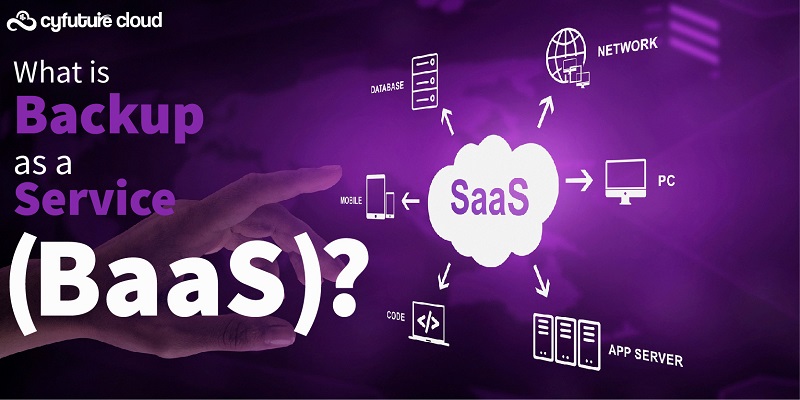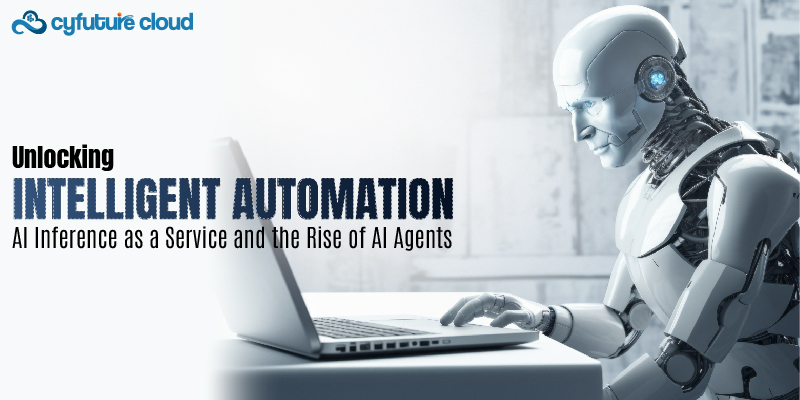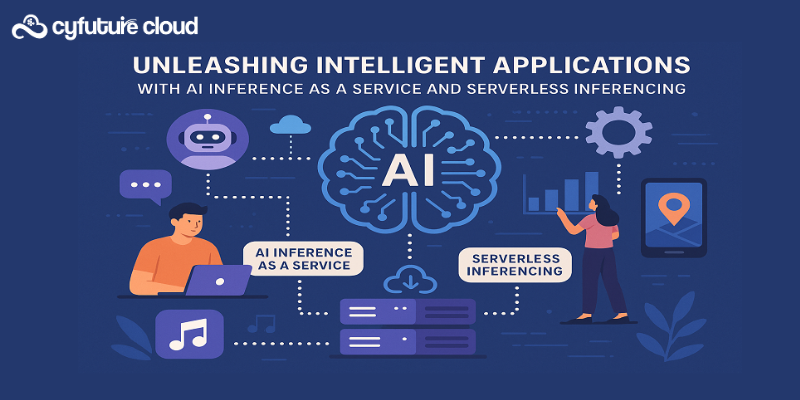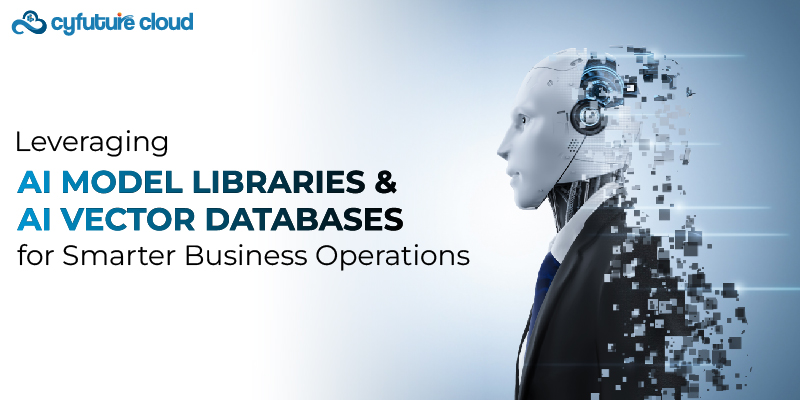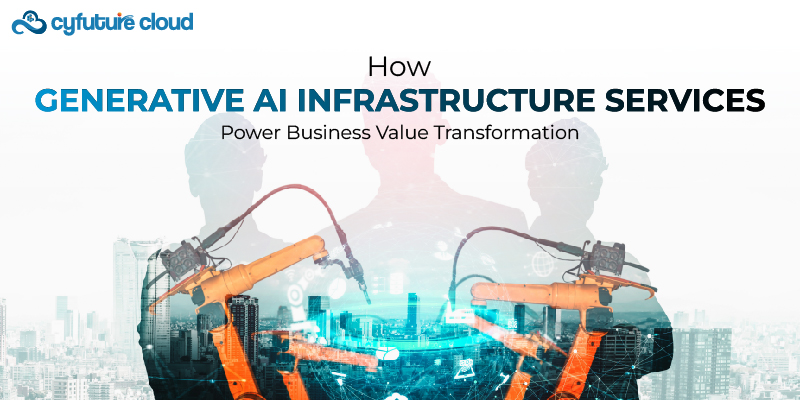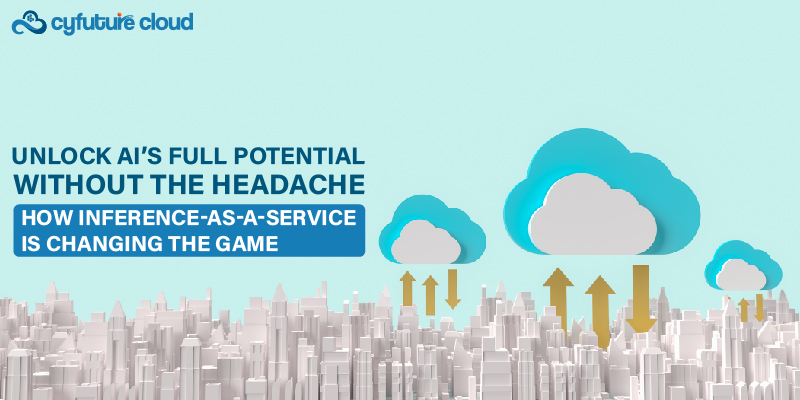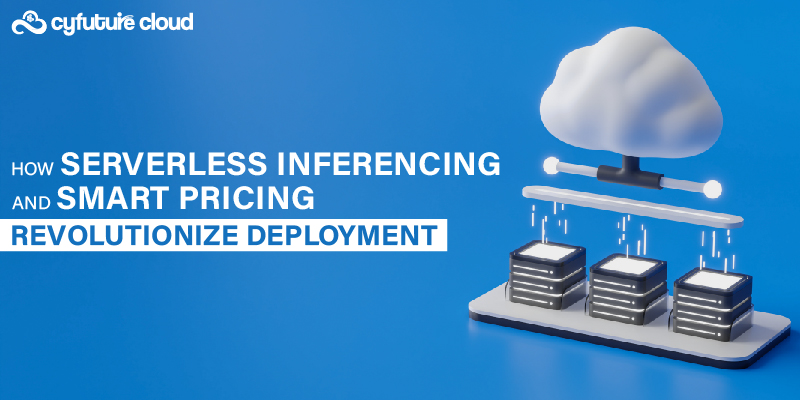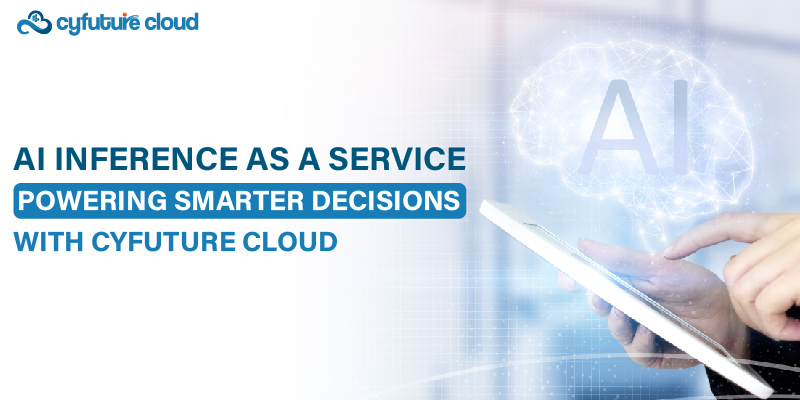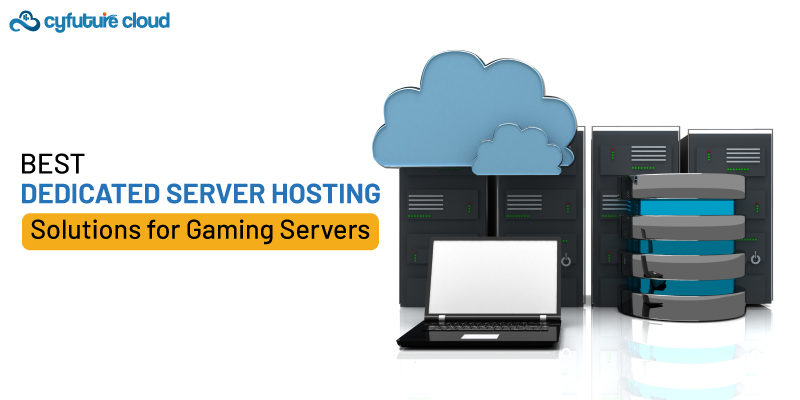Table of Contents
In today’s digital landscape, the location of a data center holds immense importance in determining its efficiency and effectiveness. Making the right choice when it comes to data center location can have a profound impact on factors such as user experience, disaster risk management, connectivity, power infrastructure, and security. In this blog post, we will delve into the significance of data center location and explore the key factors that should be taken into account when making this critical decision.
The proximity of a data center to its users is a crucial aspect to consider. By positioning a data center close to the target audience or user base, businesses can minimize latency and provide faster response times, resulting in an enhanced user experience. Additionally, selecting a location that is less susceptible to natural disasters can play a pivotal role in mitigating downtime risks and ensuring data continuity. Therefore, stability in geological and environmental conditions is an important factor to weigh when deciding on a data center location.
Remember to read further to discover more compelling statistics and factual data that shed light on the significance of data center location. By understanding the factors that come into play, businesses can make informed decisions that optimize the performance, security, and accessibility of their data centers.
Geographical Considerations
When selecting a data center location, it is crucial to take into account various geographical factors that can impact the efficiency and security of your operations. Here are three key considerations to keep in mind:
Proximity to your Business Operations
Choosing a data center location that is in close proximity to your business operations offers numerous benefits. By keeping the data center nearby, you can minimize network latency and ensure faster access to critical data. This proximity is especially important for industries that require real-time data processing or low-latency communications, such as financial services, gaming, or e-commerce. Having your data center close at hand allows for more efficient management and easier physical access when needed.
Access to Reliable Power and Network Infrastructure
A robust power and network infrastructure is vital for uninterrupted data center operations. Look for a location that offers reliable and redundant power sources, including backup generators and uninterruptible power supply (UPS) systems. This ensures that your data center remains operational even during power outages or fluctuations. Similarly, choose a location with access to multiple high-speed internet service providers (ISPs) and reliable network connectivity. Proximity to major internet exchange points can enhance network performance and reduce latency.
Natural Disaster Risks and Environmental Conditions
Assessing the natural disaster risks and environmental conditions of a potential data center location is critical for mitigating risks and ensuring business continuity. Research the area’s history of earthquakes, hurricanes, floods, or other natural calamities that may pose a threat. Choosing a location in an area with a lower risk of such events can help safeguard your data and minimize downtime. Additionally, consider the environmental conditions, such as temperature and humidity levels, as they can affect equipment performance and require additional cooling and climate control measures.
Legal and Regulatory Factors
When deciding on a data center location, it is crucial to consider the legal and regulatory landscape of the chosen jurisdiction. Compliance with data protection, privacy, and industry-specific regulations is paramount for businesses. Here are three key legal and regulatory factors to take into account:
Data Protection and Privacy Regulations
Data protection and privacy regulations vary from country to country. Ensure that the chosen location aligns with your data protection requirements, such as the EU’s General Data Protection Regulation (GDPR) or other applicable local laws. The jurisdiction should provide a strong legal framework for safeguarding sensitive data, ensuring proper consent mechanisms, and facilitating secure data transfers. Compliance with these regulations not only protects your customers’ privacy but also helps avoid potential legal consequences.
Compliance with Industry-Specific Regulations
Certain industries, such as healthcare, finance, or government, have specific regulatory requirements that govern data storage and processing. When selecting a data center location, consider whether the jurisdiction adheres to industry-specific regulations like the Health Insurance Portability and Accountability Act (HIPAA) or Payment Card Industry Data Security Standard (PCI DSS). Choosing a location that complies with these regulations ensures that your data center meets the necessary security and compliance standards for your industry.
Political Stability and Legal Framework
Political stability and a robust legal framework are vital considerations for data center location. A jurisdiction with a stable political environment and a reliable legal system provides a sense of security for businesses. Assess the political climate, rule of law, and respect for intellectual property rights in the chosen location. A stable political and legal environment reduces the risk of unexpected disruptions, legal uncertainties, or arbitrary changes in regulations that could affect your data center operations.
Cost and Scalability
In addition to geographical and legal factors, it is essential to consider the cost and scalability aspects when selecting a data center location. Evaluating operating costs, taxation, scalability options, and the potential use of cloud services and hybrid solutions can significantly impact the long-term success of your data center. Here are three key factors to consider:
Operating Costs and Taxation
Operating costs play a significant role in the financial viability of a data center. Consider factors such as energy costs, real estate prices, labour expenses, and taxes when assessing different locations. Higher operating costs can impact profitability, especially for data centers with significant power requirements. Additionally, taxation policies and incentives vary across jurisdictions. Look for locations that offer favourable tax regulations, such as tax breaks for data center investments or exemptions on certain equipment. Conducting a thorough cost analysis helps ensure that the data center remains financially sustainable.
Scalability Options and Future Growth
Scalability is crucial for accommodating future growth and adapting to changing business needs. Evaluate the scalability options available in the chosen location. This includes factors such as available physical space for expansion, the ability to upgrade power and cooling infrastructure, and the flexibility to increase network capacity. Choosing a location with ample room for growth and easy scalability allows your data center to accommodate increased data storage and processing requirements without major disruptions or the need for costly relocations.
Consideration of Cloud Services and Hybrid Solutions
In today’s digital landscape, cloud services and hybrid solutions are becoming increasingly popular. Consider whether your data center location integrates well with cloud service providers or supports hybrid cloud environments. Proximity to major cloud regions or availability zones can improve data transfer speeds and enhance the performance of cloud-based applications. Evaluating the compatibility and connectivity options between your data center and cloud providers ensures seamless integration and allows for flexible and scalable infrastructure solutions.
Conclusion
Choosing the right location for your data center is a critical decision that can significantly impact its efficiency, security, and long-term success. Throughout this blog post, we have explored various factors to consider when making this important choice. Let’s recap the key considerations:
Firstly, proximity to your business operations and target audience helps reduce latency and improve user experience. Secondly, access to reliable power and network infrastructure ensures uninterrupted operations and high-speed connectivity. Thirdly, evaluating natural disaster risks and environmental conditions helps mitigate potential risks and ensure business continuity.
Additionally, complying with data protection and privacy regulations, as well as industry-specific regulations, is vital for maintaining legal compliance and protecting sensitive data. Political stability and a robust legal framework provide a secure environment for your data center operations.
Furthermore, considering the cost factors, scalability options, and potential integration with cloud services and hybrid solutions enables future growth and flexibility.
It is important to emphasize the significance of thorough research and assessment when selecting a data center location. Conducting in-depth analysis and understanding the specific needs of your business is crucial for making an informed decision. By carefully considering these factors, you can optimize the performance, security, and cost-effectiveness of your data center.
In conclusion, choosing the right data center location requires a comprehensive evaluation of geographical, legal, cost, scalability, and integration aspects. By making informed decisions based on thorough research, you can position your data center for success, ensuring efficient operations, compliance with regulations, and the ability to adapt to future business needs. Invest the time and effort in selecting the optimal location, and reap the benefits of a well-placed and strategically designed data center for your business.
Recent Post
Send this to a friend

 Server Colocation
Server Colocation CDN Network
CDN Network Linux Cloud Hosting
Linux Cloud Hosting Kubernetes
Kubernetes Pricing Calculator
Pricing Calculator
 Power
Power
 Utilities
Utilities VMware Private Cloud
VMware Private Cloud VMware on AWS
VMware on AWS VMware on Azure
VMware on Azure Service Level Agreement
Service Level Agreement 